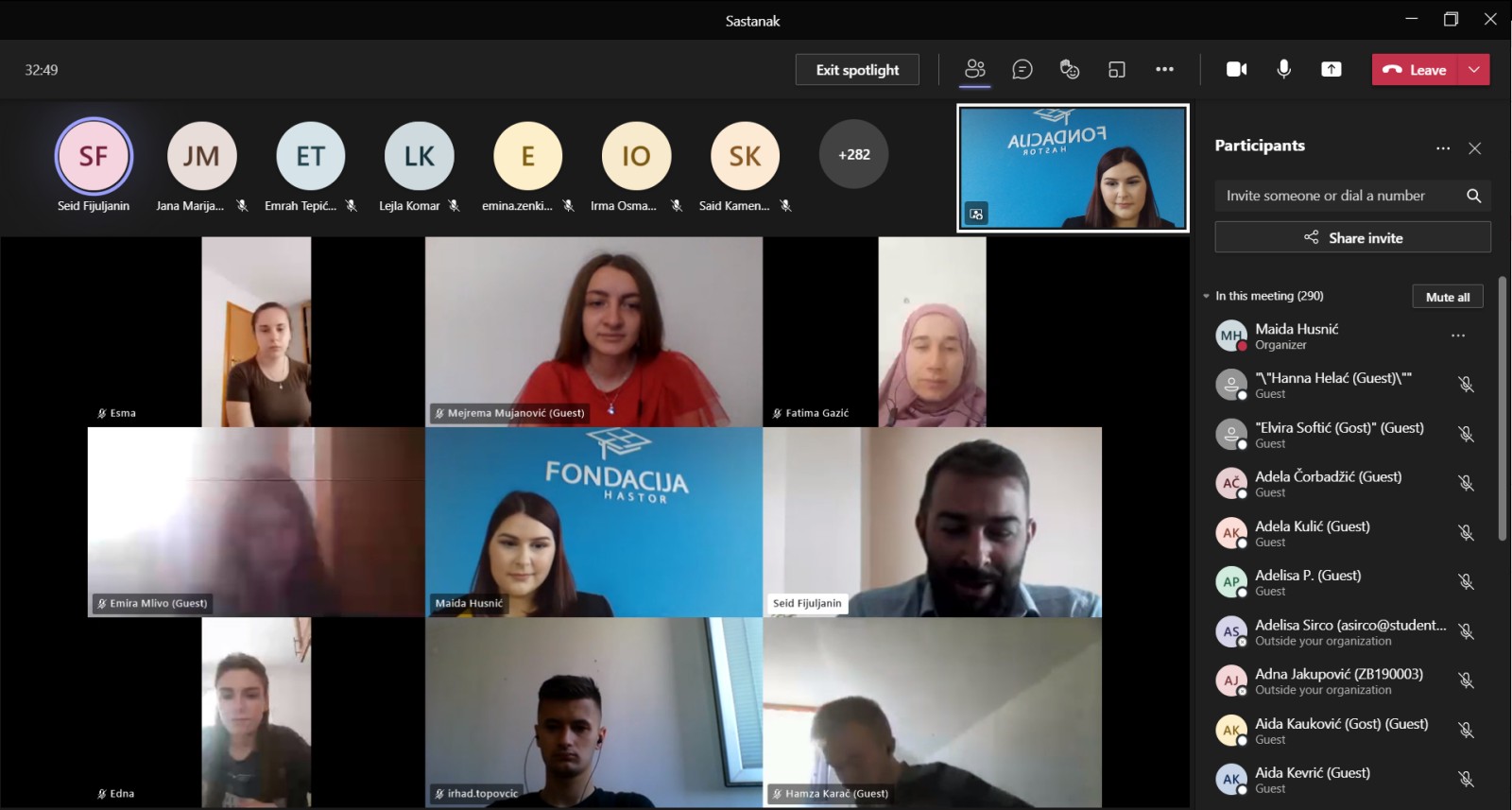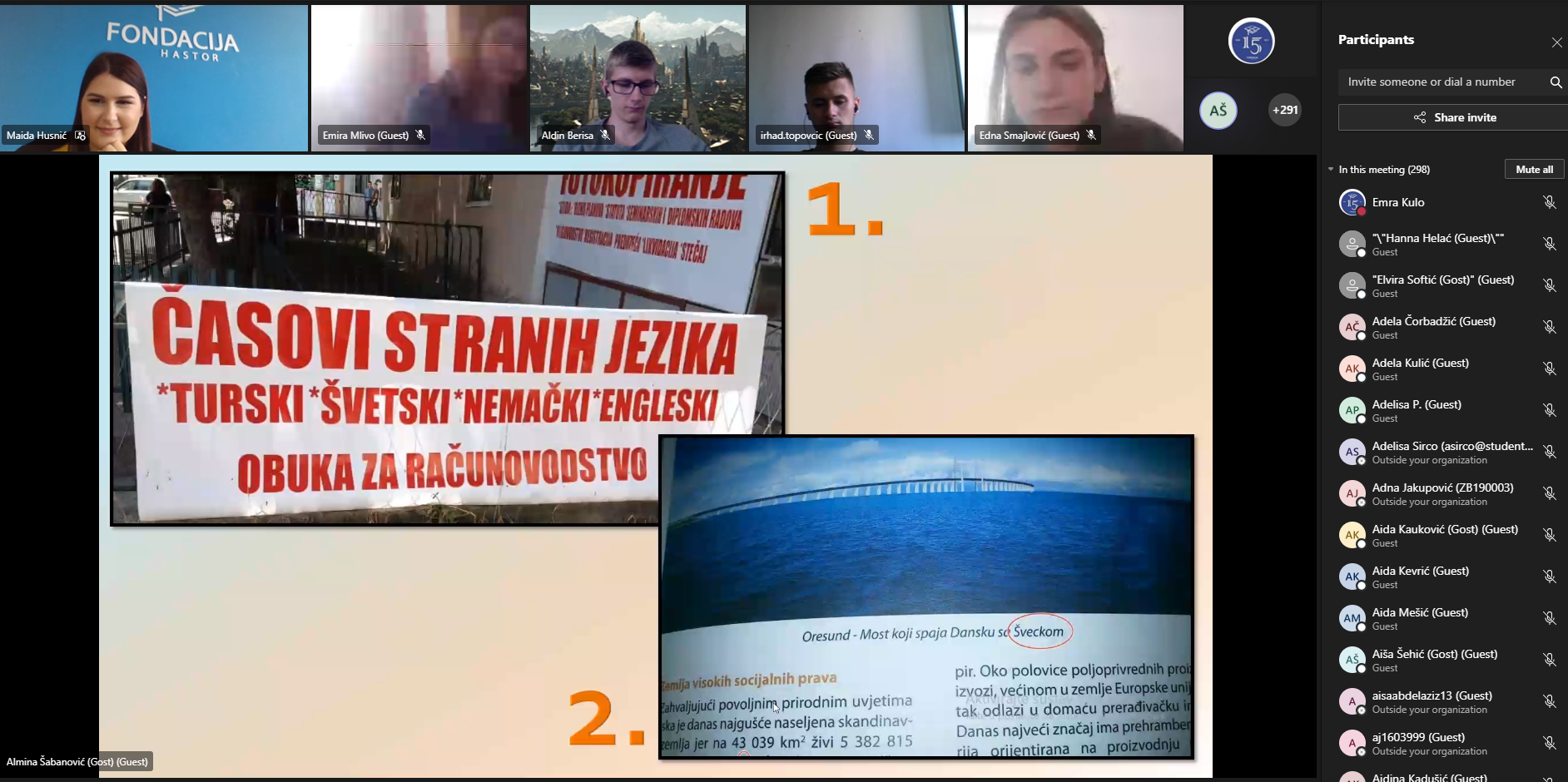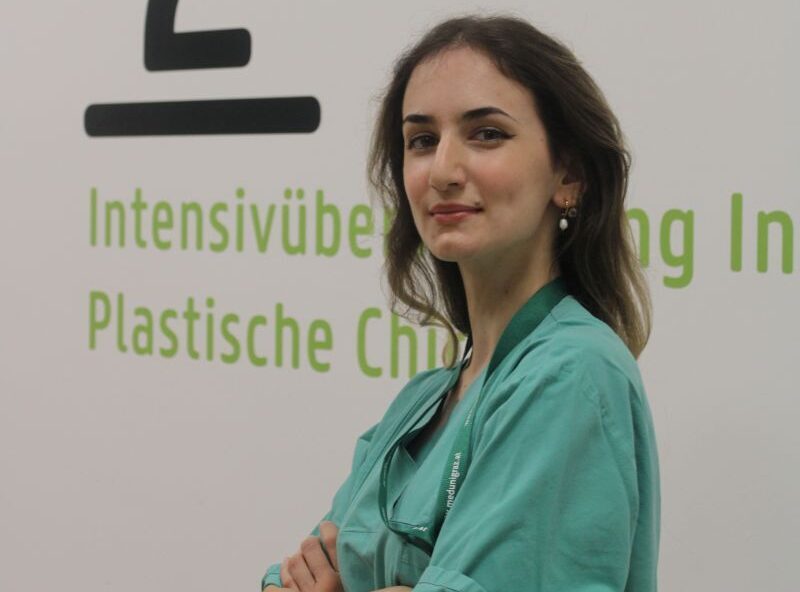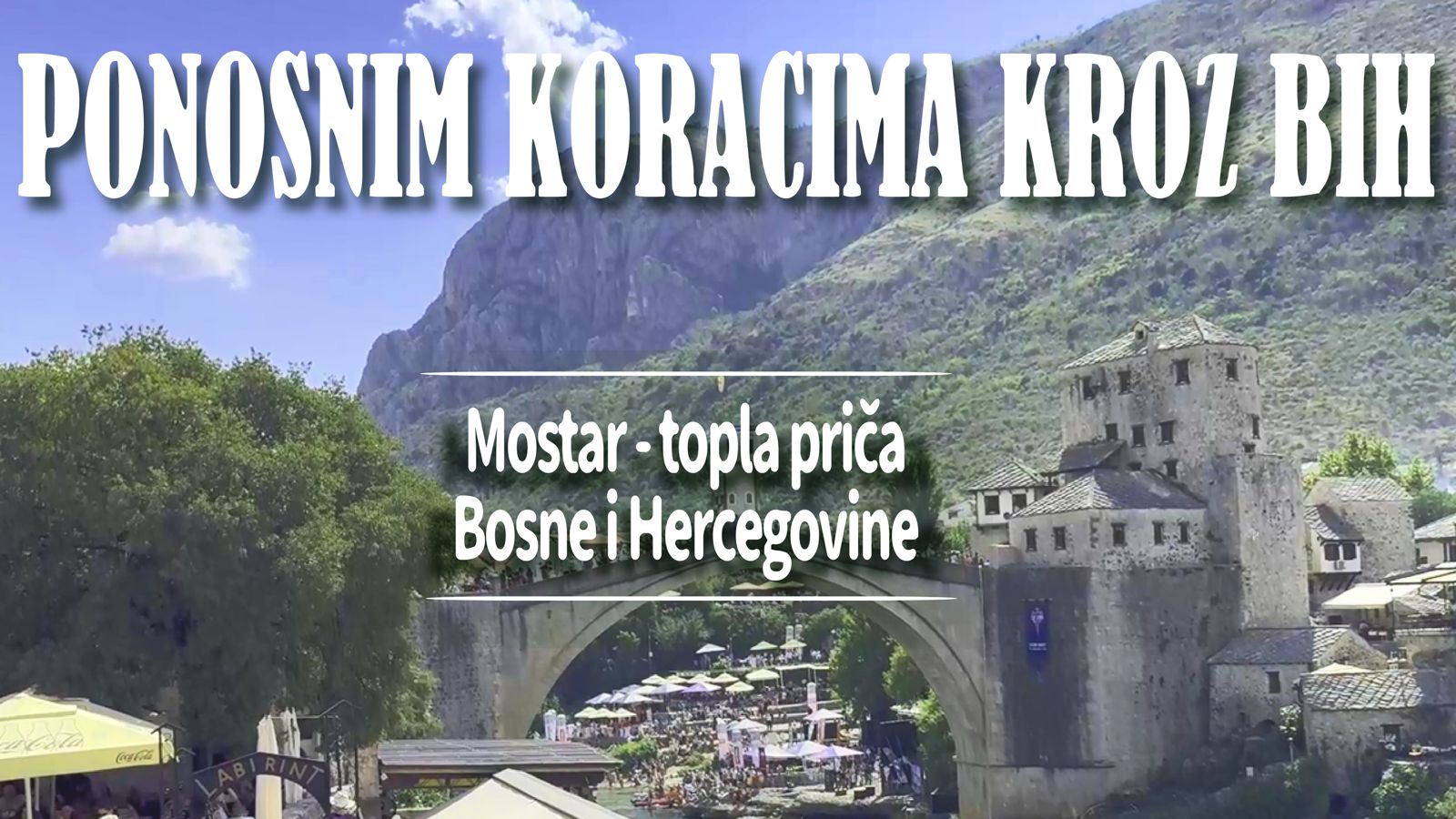Even though scholarship holders are prevented from having monthly meetings at the premises of the Hastor Foundation due to the coronavirus pandemic, this was compensated by an online meeting held on June 18, 2021. Although it was held online, the connection and warmth felt by the university students and the Foundation’s Director Seid Fijuljanin was indispensable throughout this two-hour meeting.
With a smile and in high spirits, the Hastor Foundation’s director Seid Fijuljanin kicked off the meeting with the students by mentioning the goals and values that have adorned the Foundation since its establishment. The Director mentioned how important it is that university students – scholarship holders become role models for their younger colleagues who will one day follow their footsteps. Besides being role models for younger scholarships holders, they need to be role models for the entire Bosnian society, because scholarship holders contribute to improving the country through their volunteering work.
The Foundation’s Director also expressed hope that the meetings in the following months will be able to continue at the Hastor Foundation premises.
Our scholarship holder Almina Šabanović and our ex-scholarship holder Maida Husnić prepared an important workshop for our students, named “Speech Culture – The Basics of Proper Expression”. The workshop covered the wide topic of literacy, proper reading and writing, following spelling rules, forms of proper expression, and other useful advice that our lecturers explained through numerous interesting examples. Although we might think our literacy is on an enviable level, we often encounter a dilemma on spelling or saying something. Through this workshop, Almina and Maida have shown how important it is to know the grammar of your mother tongue and how significant it proves to be in everyday life. Since the workshop was interactive, many scholarship holders answered questions, and a quality, educational, yet also fun discussion was established.
Maida started the lecture with a question for the scholarship holders asking, “What is literacy?” Scholarship holders agreed that literacy is more than just knowing and using grammar, but a much wider topic that required a more detailed analysis, which is what our Almina and Maida did. Because of the large number of scholarship holders who answered with their own examples and dilemmas, the conversation was stimulating, and the atmosphere was relaxed and friendly the entire time. After that, Almina explained some of the common errors that occur when it comes to spelling, and she used examples of grammatical errors that we can often spot.
Besides pointing out mistakes, the lecturers gave students useful advice for numerous lingual confusions in writing and speaking.
Prepared by: Aleksandra Đukić
Translated by: Vedin Klovo





